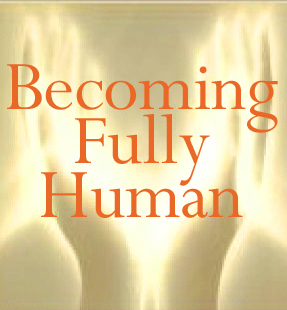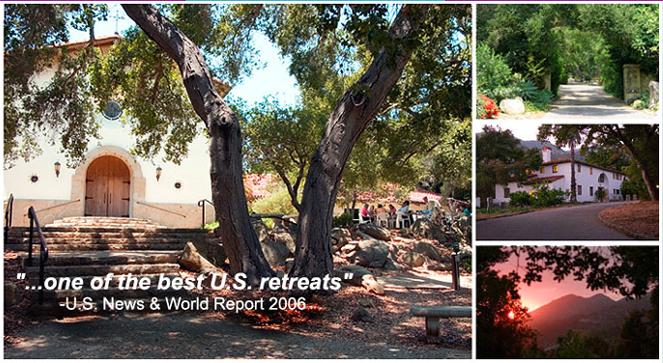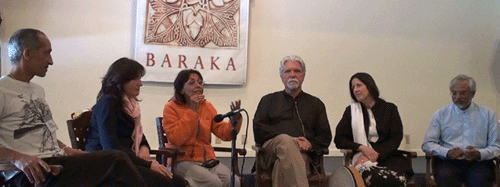
Ali Allawi. Few people combine real life experience with spiritual insight as much as Ali Allawi. He has a deep appreciation for the spiritual education once provided by the Sufi orders and the need for reviving an effective language of spirituality. We were delighted to learn that he is also closely associated with our dear friend, Shaykh Fadhlalla Haeri, and thus deeply acquainted with the path of spiritual experience. He has also held positions of responsibility as Minister of Trade and Minister of Defense in the cabinet appointed by the Interim Iraq Governing Council from September 2003 until 2004, and subsequently Minister of Finance in the Iraqi Transitional Government between 2005 and 2006. Before being appointed by the governing council in 2003, Allawi was a professor at Oxford University. Having worked as a merchant banker in London, he was elected as a Senior Visiting Fellow at Princeton University for 2008-2009. In January 2007 the Independent newspaper published an article by Allawi outlining a blueprint for peace in Iraq. The article was praised by Independent commentator Patrick Cockburn, who argued that it was “by far the most perceptive analysis of the extent of the disaster in his country, and how it might best be resolved.” Allawi has since written The Occupation of Iraq: Winning the War, Losing the Peace and ‘The Crisis of Islamic Civilization’. Both books were well received by critics and the reading public. The New York Times Book Review called The Occupation of Iraq “…the most comprehensive historical account of the disastrous aftermath of the American Invasion.” In October 2009 the Washington Institute for Near East Policy announced that the ” Crisis of Islamic Civilization” was awarded the Silver Prize of its annual book prize. In December 2009, The Economist named The Crisis of Islamic Civilization one of the Best Books of 2009. In a recent interview with The Diplomat he discussed his views on modern Islamic civilisation. He considers that, as a result of the expansion of Western colonial powers and modernisation over the last 200 years, Islamic civilisation is fast losing its élan and has been reduced to two aspects, political and religious while economic and cultural aspects no longer have an impact on the Muslim world.[1] Amina Wadud is an Islamic feminist, imam, and scholar with a progressive, feminist focus on Qur’ic exegesis. Amina was contracted for a period of 3 years as Assistant Professor at the International Islamic University Malaysia in the field of Quranic Studies in Malaysia, between 1989 and 1992, where she published her dissertation Qur’an and Woman: Rereading the Sacred Text from a Woman’s Perspective, a book, which is banned in the UAE. However, the book, continues to be used by Sisters of Islam in Malaysia as a basic text for activists and academics alike.[1] During the same period that she also co-founded the NGO Sisters-In-Islam.[2] Wadud’s research specialities include gender and Qur’anic studies. After publishing her first book, she spoke at universities, grass roots level, government and non-government forums at various gatherings throughout the world. In 1992 Wadud accepted a position as Professor of Religion and Philosophy at Virginia Commonwealth University, from where she retired as of 2008. In 2007 she received the Danish Democracy Prize, and in 2008 she gave the keynote address “Islam, Justice, and Gender” at the international conference Understanding Conflicts: Cross-Cultural Perspectives, held at Aarhus University, Denmark. From 2008–present, she has been a visiting professor at the Center for Religious and Cross Cultural Studies at Gadjah Mada University in Yogyakarta, Indonesia. Amina now lives in the Bay Area. Robert Darr, also known as Robert Abdul Hayy Darr, is the author of several books on Sufism. A U.S. citizen and resident of the San Francisco Bay Area, Darr is a translator and interpreter of classic Islamic mystical texts. He was introduced to Sufism in the 1970s through the works of Idries Shah. By 1985 he left the Shah groups and began working in Afghan refugee camps in Pakistan and making overland trips inside Afghanistan. There he befriended a number of Sufis in the region including Khalilullah Khalili. Darr spent the next couple of decades studying traditional Sufism along with specialized disciplines such as abjad (Islamic numerology). From 1988 to 1998, he studied miniature painting with Afghanistan’s great miniaturist, Homayon Etemadi (died 2007). For almost two decades he was the student of the late Afghan Sufi, Raz Mohammed Zaray (died October 2010). Since 1996, Darr has been the director of the Arques School Of Traditional Boatbuilding in Sausalito, California. His books include: THE SPY OF THE HEART. Fons Vitae. 2007. ISBN 978-1929148622 The Garden of Mystery. The Gulshani-i raz of Mahmud Shabistari. Archetype. 2007. ISBN 978-1901383225 Camille Helminski is Co-Director (and co-founder) of The Threshold Society (www.sufism.org), a non-profit organization rooted within the traditions of Sufism and dedicated to facilitating the direct personal experience of the Divine. She has been working within the Mevlevi tradition of Sufism for over thirty years and has helped to increase awareness of the integral contribution of women to the spiritual path of Islam with her book, Women of Sufism: A Hidden Treasure, Stories and Writings of Mystic Poets, Scholars, and Saints. She was also the co-founder and co-director of Threshold Books which helped to bring into English many classic texts of the Sufi tradition. She has co-translated a number of volumes of Sufi literature, including the Sufi classic Awakened Dreams, and Jewels of Remembrance (excerpts of the Mathnawi of Mevlana Jalaluddin Rumi) and is the first woman to translate a substantial portion of the Qur’an into English: The Light of Dawn, selections from the Qur’an for daily contemplation. She has authored two anthologies for the Book Foundation (www.thebook.org), The Book of Character, Writings on Virtue and Character from Islamic and Other Sources and The Book of Nature, A Sourcebook of Spiritual Perspectives on Nature and the Environment, as part of a new curriculum for Islamic education. Her most recent publication is Rumi’s Sun, The Teachings of Shams of Tabriz. She has been designated as one of the spiritual leaders of WISE (Women’s Initiative in Islamic Spirituality and Equality www.wisemuslimwomen.org) and recently attended the 2nd international gathering of WISE in Malaysia to which Seemi Ghazi was also invited. As a core faculty member of the Spiritual Paths Foundation (www.spiritualpaths.net) which promotes peace, respect, and mutual understanding between peoples of diverse religious and spiritual traditions, she is also currently involved in the creation of a graduate program in Interspirituality rooted in contemplative practice. Kabir Helminski is the Co-Director of the Threshold Society, a non-profit educational foundation that has developed programs that provide a structure for practice and study within Sufism and spiirtual psychology. He has translated many volumes of Sufi literature, including many works of Rumi, and is the author of two books on Sufism: Living Presence and The Knowing Heart. Kabir began the study of Sufism with Suleyman Hayati Dede of Konya and was officially recognized as a Shaikh of the Mevlevi Order of Sufism in 1990, by the late Celalettin Celebi, Head of the Mevlevi Order. In 2009 Kabir was named one of the “500 Most Influential Muslims in the World.” From 1980 until 1999 he was the director of Threshold Books, one of the foremost publishers of Sufi literature. Between 1994 and 2000 he toured with the Whirling Dervishes of Turkey bringing the spiritual culture of the Mevlevis to more than 100,000 people. His books have been translated into Spanish, Italian, Dutch, German, Russian, Indonesian, and Turtkish. He has an M.A. in transpersonal studies and an honorary Ph.D. in literature from Selçuk University, Konya, Turkey. For more than thirty years, Mr. Helminski’s focus has been developing and sharing a contemporary approach to Islamic concepts and practice, both within the Islamic community and outside of it. In 2001 he was the first Muslim to deliver the prestigious Harold M. Wit Lectures on Spirituality in Contemporary Life at Harvard Divinity School. Kabir lives with his family near Santa Cruz, California, and now focuses on writing, teaching, and developing a program of spiritual education with an international team of scholars. He is also a core faculty member of the Spiritual Paths Institute (spiritualpaths.net). His most recent publication is Love’s Ripening, Rumi and the Journey of the Heart (Shambhala 2008). He is one of the signatories of A Common Word Between Us and You, an open letter by Islamic scholars to Christian leaders, calling for peace and understanding. He is a Co-Director of The Book Foundation and author of the recently published The Book of Language, Exploring the Spiritual Vocabulary of the Qur’an, with an introductory chapter by Prince Ghazi bin Muhammad (Nobel Peace Prize Nominee 2009).






